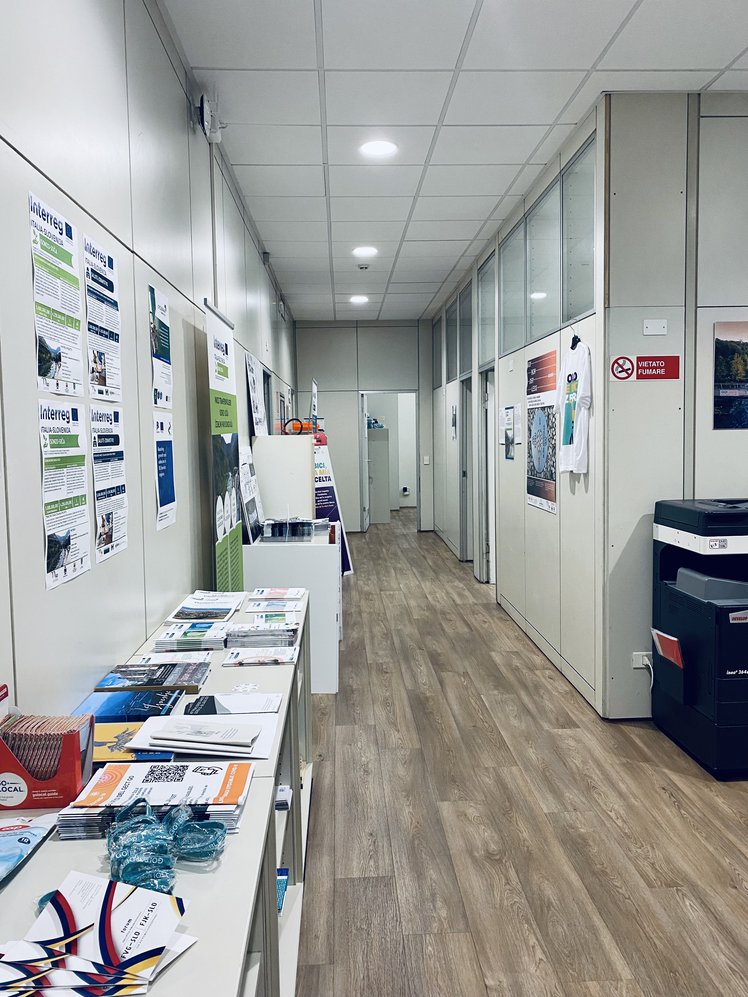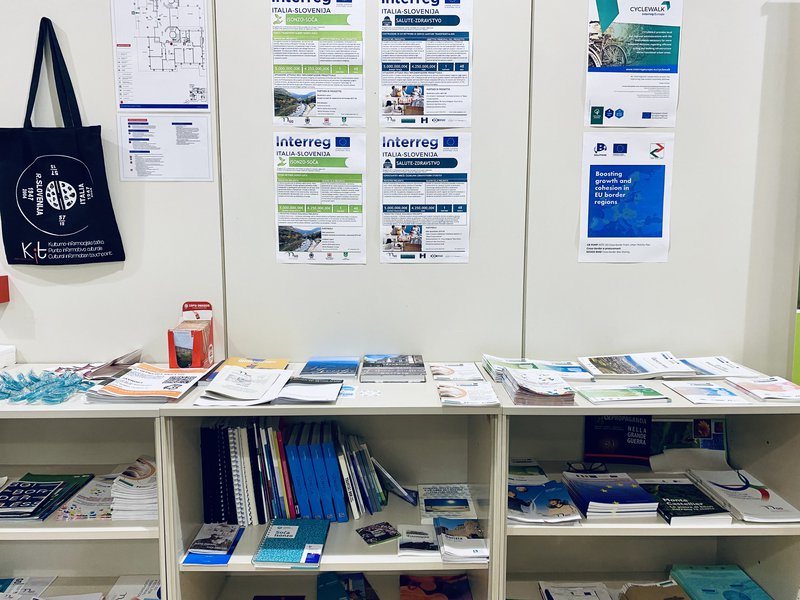What exactly is EGTC GO and what do we do?

EGTC GO, an Italian public authority with legal personality, was founded in 2011 by the municipalities of Gorizia, Nova Gorica and Šempeter-Vrtojba in line with Regulation (EC) no. 1082/2006 of the European Parliament and of the Council, with the aim of pinpointing and tackling the shared challenges and to make the entire cross-border area more competitive and more attractive. EGTC GO is an entity having jurisdiction over the territory of the three cities: It may reach across the border and, for the first time, make plans and carry out actions for a single cross-border city, composed of three no longer separate municipalities, but a continuous territory with no divisions.
This opportunity was the reason for the three municipal administrations to decide to establish an EGTC, since they were convinced that only truly joint operations could have a tangible impact on their shared territory. An EGTC is currently the only legal instrument offering the following possibilities:
- shaping a shared strategy of urban development;
- bringing forth the needs of the three communities through an Assembly of representatives and thus avoiding any of the three cities to have a predominant role;
- capitalizing the outcomes of past cooperation and preserving continuity;
- operating across the entire cross-border area regardless of municipal borders.
The government of the entire cross-border area has thus been re-imagined with the aim of creating a unique approach in Europe. The three cities are now considered a single settlement and referred to as a "conurbation".
Over a few years of meetings, meticulous analyses, and discussions about the needs, the territorial strategy of EGTC GO has been structured into three main pillars:
- capitalizing the outcomes of two programming periods of the Italy-Slovenia cross-border cooperation in order to maximize the efficiency of public investments;
- reviving the former "border economy" by turning national borders, i.e. barriers, from a weakness into a strength, a series of opportunities for joint advancement of the local economy by relying on the peculiarities of the territory and for the benefit of the inhabitants of the two Member States;
- upgrading local services for the inhabitants of the three municipalities by pooling the excellences of the entire area.
Starting with these three pillars, EGTC GO began operating "in the field" in 2013 through a series of specialized committees (health, culture and education, energy, urban planning, sports, transports), whose aim was to find ways to streamline the resources within the thematic objectives of EU strategies.
The committees, acting as EGTC GO's think tanks, went on directly collecting the needs of the territory with a bottom-up approach. The findings were used to draw up a strategic document entitled "Summary of the Objectives, Actions and Draft Projects for EU Programming and for a Strategic Plan", which was approved by EGTC GO's Assembly on 11 November 2013 and is currently under review for the new programming period.
The Assembly of EGTC GO continues to determine the priorities for the development of the shared area on recommendations from the single specialized committees. Once the actions and the measures are approved, EGTC GO identifies the most suitable European funds, draws up and submits projects, which - once and if they are financed - it then carries out in line with national laws and the specific rules of EU programs.
EGTC GO, therefore, needs to try to overcome the administrative and legal differences between Member States, since the projects financed from EU funds are carried out in Italy and in Slovenia. Some of the innovative solutions found by EGTC GO are even closely monitored by the European Commission as they might contribute to improving the cross-border cooperation between Member States.

